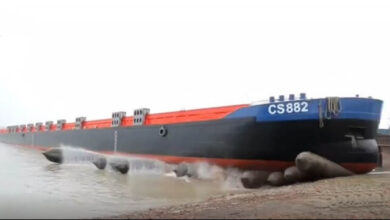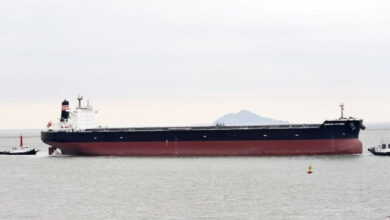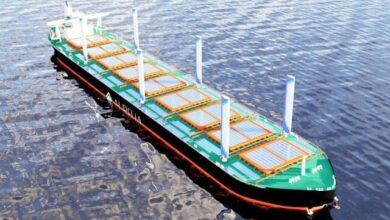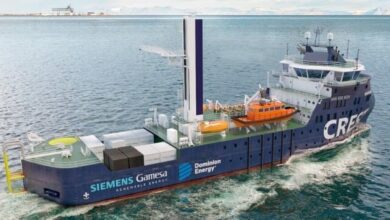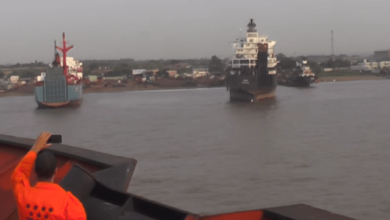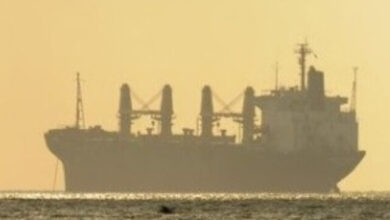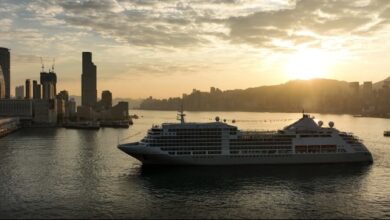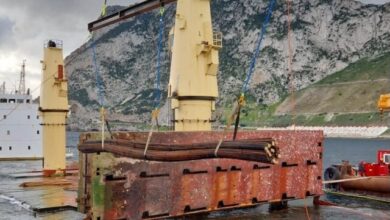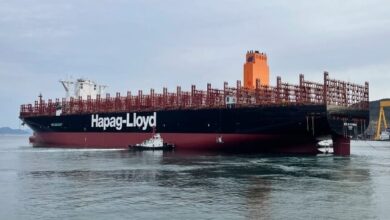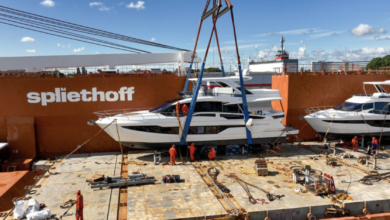Organisations : Tackling invasive aquatic species in Sri Lanka

The introduction of invasive aquatic organisms into new marine environments not only affects biodiversity and ecosystem health, but also has measurable impacts on several economic sectors. That is why IMO’s GloFouling Partnership project is tackling this problem, head on.
Sri Lanka is the latest country to form a National Task Force to tackle the issue, following a special workshop (25-27 February). The event helped to raise awareness of biofouling as a pathway for non-indigenous species and informed participants about the impact it can have along its coastline. Among those attending were port authority and shipyard officers, aquaculture and environmental authorities as well as academia, navy and the industry at large.
The workshop also examined IMO Biofouling Guidelines, project structures and partners and the role of Sri Lanka as a leading country within the Glofouling project. A guest lecturer presented Australia’s experience in dealing with biofouling management.
The event concluded with Sri Lanka agreeing on the need to include biofouling management measures to the set of conventions that are actually already in the process of being incorporated into national legislation in Sri Lanka.
The workshop was co-organized and hosted by the Sri Lanka Marine Environment Protection Authority (MEPA). It is part of efforts under the GEF-UNDP-IMO GloFouling Partnerships Project, which aims to establish regional partnerships and cooperation agreements to address marine biofouling issues.


